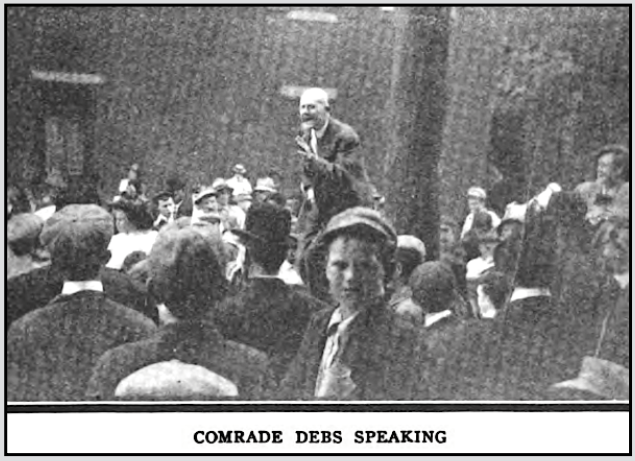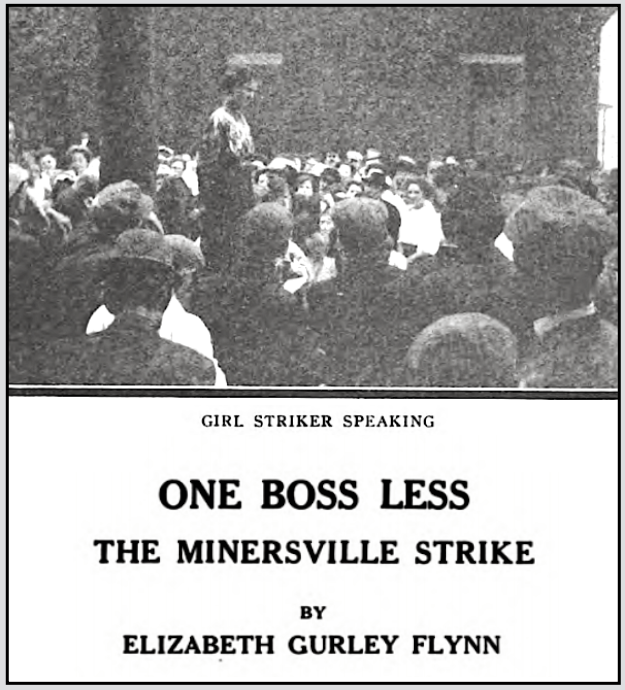150 STRIKE WAIFS FIND HOMES HERE
—————
Great Throng Waits in Cold to Give Warm
Welcome to Children from Lawrence, Mass.
———-
BANNERS OF RED WAVE
———-
And Crowd Sings the Marseillaise
–Children Answer with Strikers’ Cry
–Homes Offered to Many More.
———-
The Grand Central Station was the scene of a great demonstration last night when 150 boys and girls, ranging in age from 2 to 12 years, arrive here from Lawrence, Mass. They are the children of the striking textile workers, and they come here to be cared for by working people of New York, who have promised to feed and house them until peace has been restored in Lawrence and the great mills there are again in operation.
More than 700 persons applied for one or more of the children. Among them, it is said, were Mrs. O. H. P. Belmont, Miss Inez Milholland and Rev. Dr. Percy Stickney Grant. The children, however, were all given into the care of the families of laboring men or members of the Socialist Party.
To greet the children a crowd of 5,000 men, women, and children packed the Grand Central Station concourse, singing the “Marseillaise” in many tongues. They waved red flags, some with black borders, and all bearing Socialistic mottoes. It was noticed that not one in that crowd waved aloft the Stars and Stripes.
The men that waved the big red flags said they were not anarchist but Socialist flags, but, whatever they were, they were red everywhere except the lettering and the black borders. The black borders, it was said, were marks of mourning for those of the strikers who have lost their lives in Lawrence. Besides the flags, there were banners, also red, on which were displayed in big type what the crowd called “mottoes.” One painted in gold letters on a long, red streamer, read:
Ye exploiters, kneel down before the of your victims.
Another banner announced that the “libertarians of New York affirm their solidarity to the strikers of Lawrence.” Still another banner bore the same message, except that instead of “libertarians,” it read “the Liberians of New York,” &c. There was also another flaming piece of bunting on which was painted the information that certain Harvard students favored “a free country.”
Long Wait For the Children
The train on which the children were expected to arrive was due at 3:30 P.M., but it was an hour late, and it came in without any of the Lawrence Children. When it did roll in a brass band was playing in the concourse, and the crowd was lined up against ropes that were stretched for the purpose of preventing a too hearty welcome being given to the children.
The crowd did not understand why the children were not on the 3:30 train, and so great did the excitement become that the police had an inquiry made all along the New Haven line to Boston. It was learned that the children missed their train in Boston, and it was announced from the bulletin board that they would arrive on the train that was due at 5:42 P.M., but which would not get in until 6:50 P.M.
It was about 4 o’clock when the unwelcome information was bulletined and the crowd, which had stood for two hours in the bitter cold waiting for the train, dispersed to gather again about 6 o’clock in still greater force. At 6:30 P.M. the Grand Central concourse was packed to capacity, and the reserves of the East Fifty-First Street Station formed lines behind which the crowd was forced to stand until after the children had come out of the station.
At 6:50 the searchlight of the electric engine that pulled the train from Highbridge was sighted coming into the train shed. Then the excitement started in earnest. Slowly the hum of the “Marseillaise” started, gradually gathering in volume. It ended when the train came to a stop and then ensued a series of frantic shouts and yells in a dozen languages. In all the medley there was not heard a single English word except the sharp commands of the police and the station men who were assisting.
Announce Themselves as Strikers
Orders had been issued that the children were not to leave the train until the other passengers had left it and were safely out of the shed. When the children were escorted from the cars they were in charge of fourteen men and women from Lawrence, one of whom was a trained nurse. The children were formed in columns of twos, and at a signal from a young man who was one of those in charge they announced their arrival with a yell.
This is the way the yell goes, and the children shouted it all the way out of the station:
Who we are, who are we, who are we!
Yes we are, yes we are, yes we are.
Strikers, strikers, strikers.
Continue reading “Hellraisers Journal: Children of Lawrence Strikers Receive Enthusiastic Welcome from Socialists of New York City” →
 —————
—————
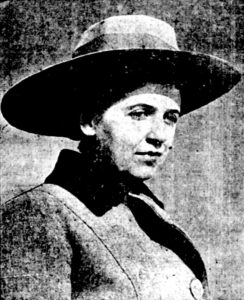
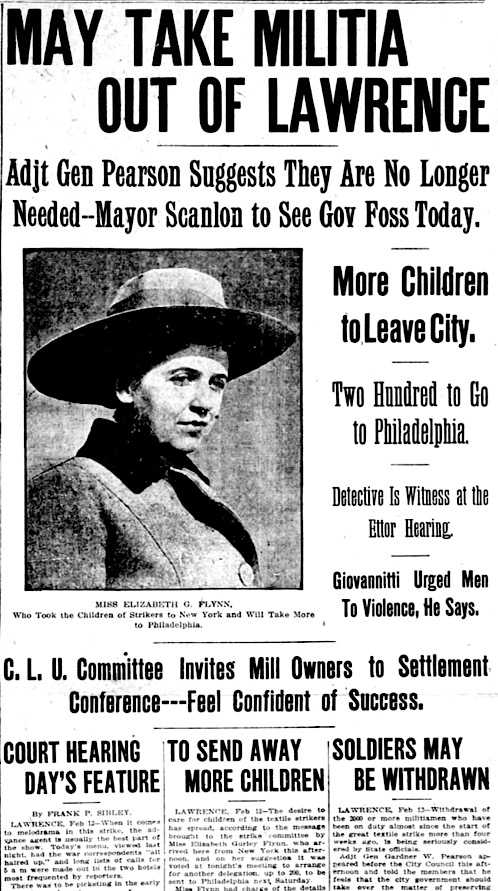 —–
—–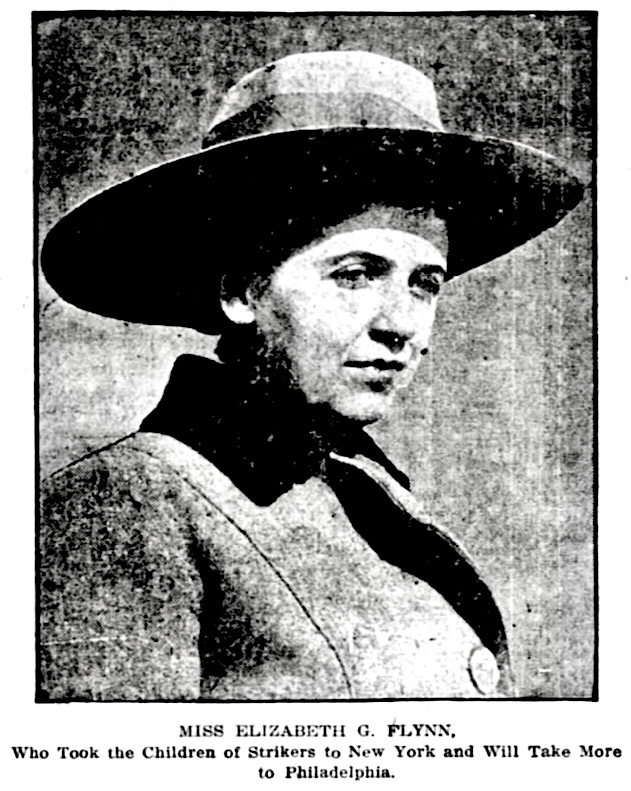 —————
—————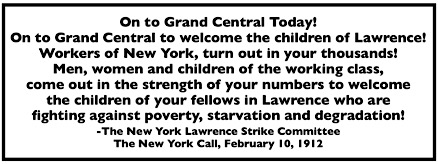 —————
—————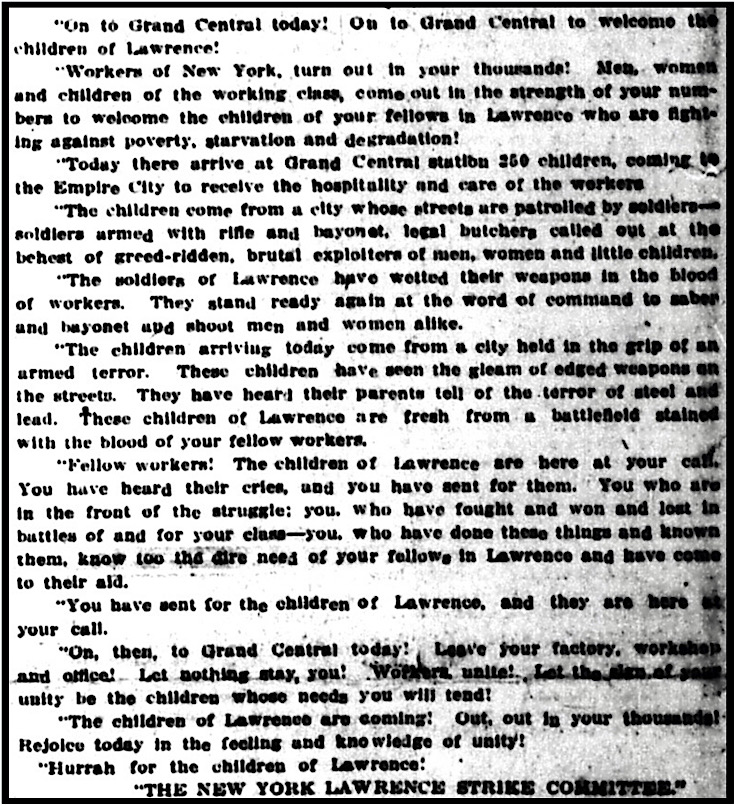
 —————
—————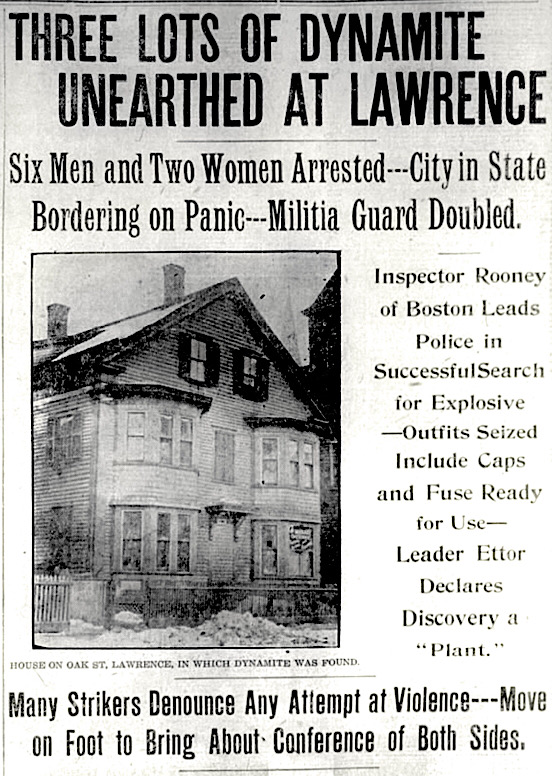
 —–
—–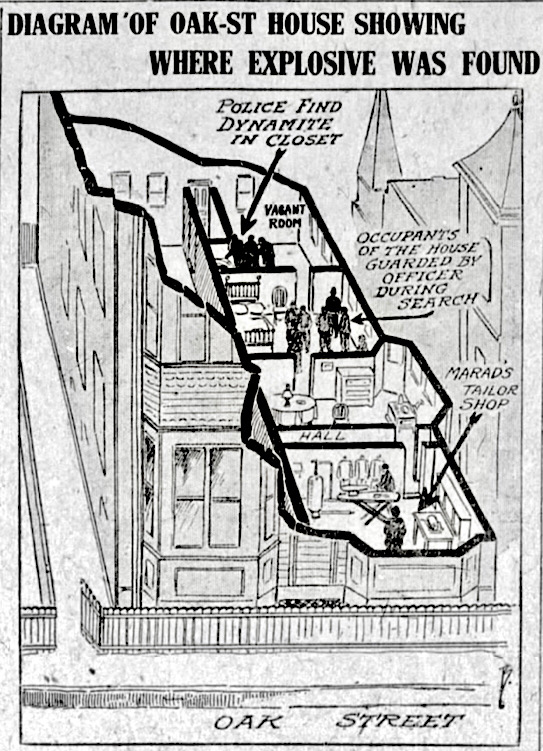
 —————
—————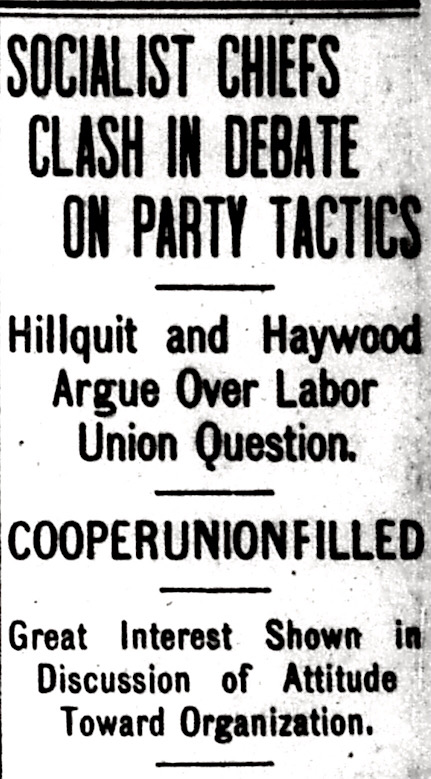
 —————
—————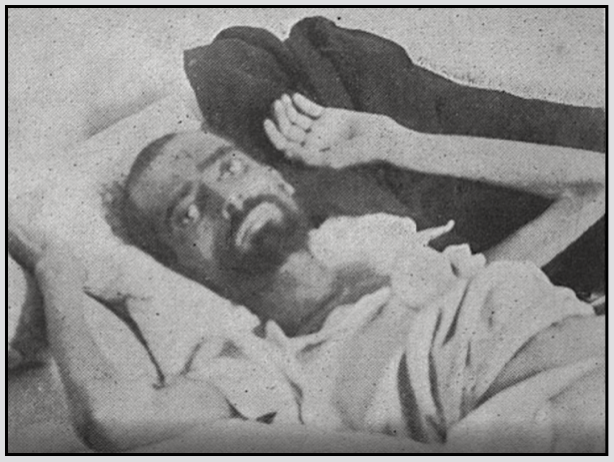
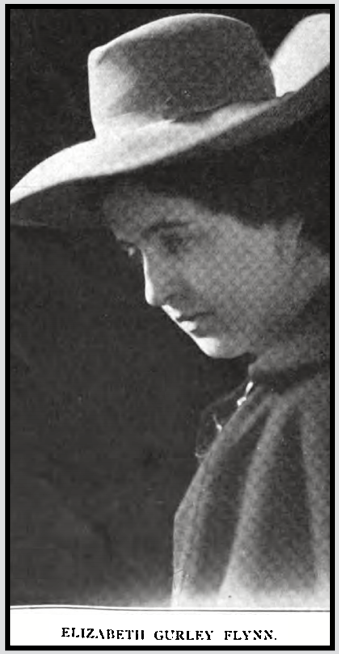
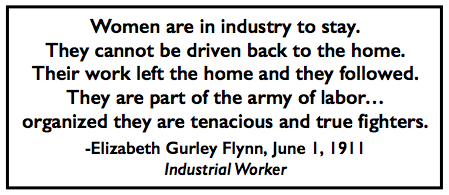 —————
—————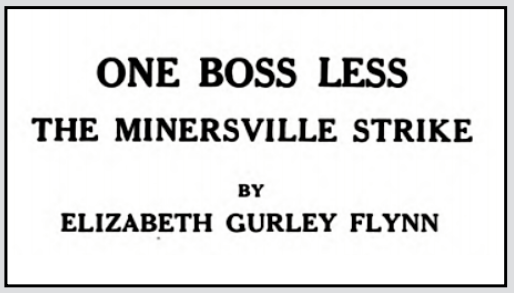 —–
—–